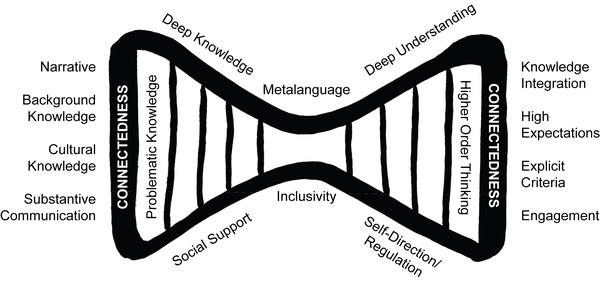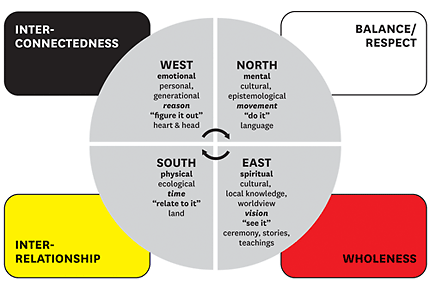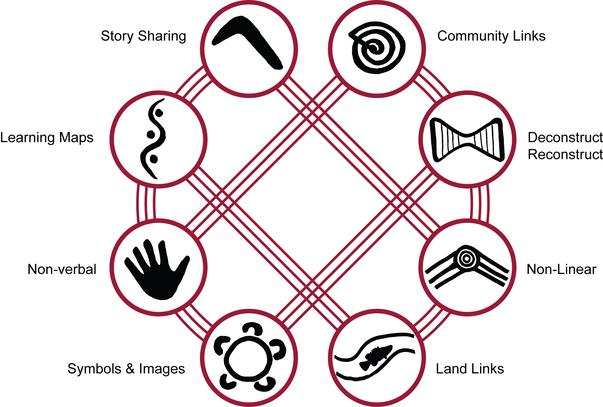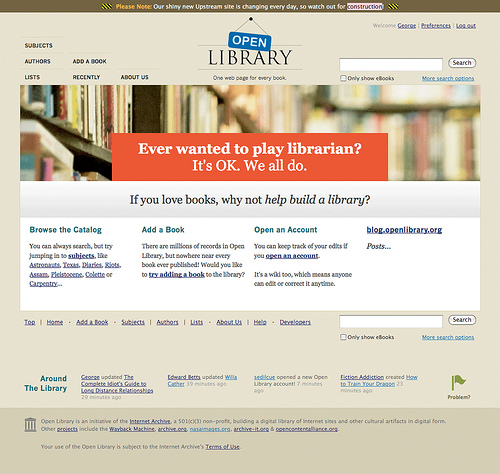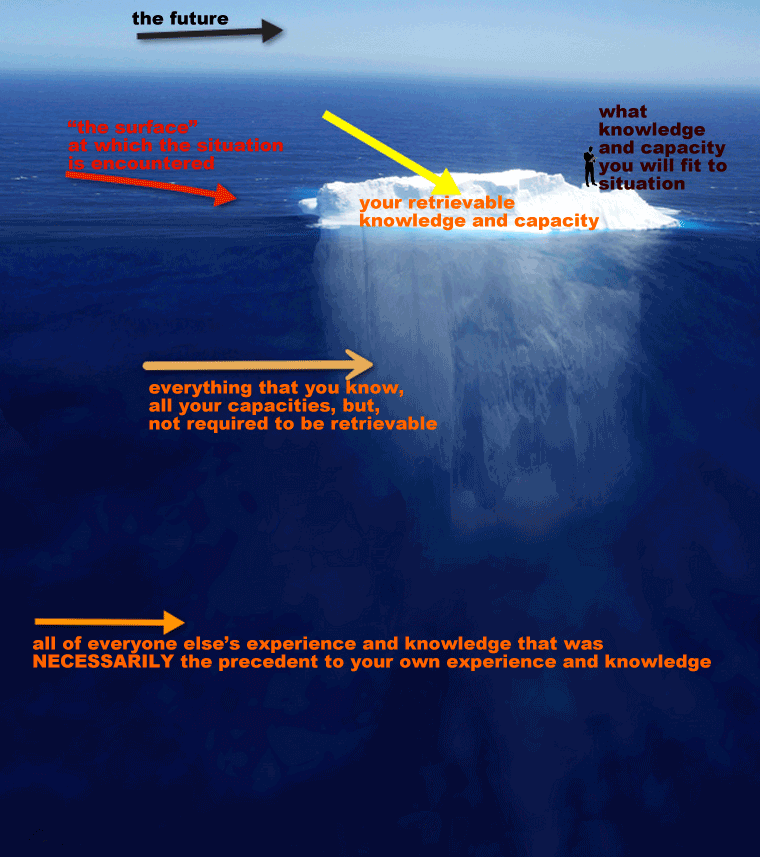 One view of the reduction to practice, or to application.
One view of the reduction to practice, or to application.
In the fall of 1968 I entered ninth grade. I was, up to ninth grade, a lackadaisical student. What was at the time termed social studies, and english, were my favorite subjects. However, I was dreamy and had not internalized the point of it all. At the same time I had spent a good chunk of 1964-1966 reading/skimming through my family’s 1962 World Book Encyclopedia. All sorts of stuff fascinated me and I was a voracious reader.
Here I am describing experience that began to gather together the elements of my personal culture. (This was happening in the First Order of my self-constitution, because at the time I knew nothing about culture or intentionality!)
Late in September 1968, the head of the experimental program that had been implemented for ninth graders at Roxboro Junior High, a chain-smoking professorial type named Jim McGuinness–teachers smoked in the classroom in this era–asked me into his office, where also sat an english teacher, Ron Palladino.
The shorter version of this meeting was that Mr. McGuinness requested Mr. Palladino
“Take Stephen under his wing and support in any way Stephen’s quest for knowledge while also helping Stephen organize particular presentations which will verify his learning.”
(His directive to his colleague was something like this.)
Oh, I went to classes too. Yet, the eventual upshot was: ninth grade was my single all-star year in the sweep of my formal education. I aced everything and, moreover, I learned a lot and learned I love learning.
One year later my parents had managed to leverage this stellar performance into my admission to Hawken School, a college preparatory day school. I did well in everything but the two subjects that came to thrash my transcript, spanish and math.
But, with the exception of an art teacher and a cross country coach, I was subject to educative mechanics which neither served: my narcissism, or my intrinsic motivation, or my developing culture. I learned mountains more from reading my way independently through a variety of subjects, until, I came onto my social personality in the counter-culture milieu devised by the affluent sons of the professional class, constituting a hippie tribe at prep school. Mainly, I was bored and turned off by the first institutional fault, no teacher cared to massage my narcissism by taking my wide-ranging fascinations seriously.
I loved learning on my own, loved learning with customized support, but, I didn’t get school. And I surely didn’t understand that the purpose of schooling is potentially fulfilled when the student gets school. Nor did the fear factor over school performance and adult outcomes introduced into the mix by my professional parents take hold. Nor did either ever ask about or cared to understand my motivations. I arrested my development in one direction yet liberated it in another dimension.
All of these elements are crucial aspects of what is today, at sixty, my own personal culture. In turn, my personal culture reflects how it came to be, and, what are its main and side and untravelled roads.
My own culture soon evoked the independent, wandering, perennial student, and this in turn is the ocean underneath the present-day experimenter, theorist, artist, and, colleague.
As a practitioner, and taking my lead from Jim McGuinness, it is required groundwork, when possible, to learn what are some of the cultural features of the learner. Practitioners carry their own unique culture into the situation of practice, and, every such situation also instantiates the culture of its subjects, those who are the unique individuals come to find themselves in the specific situation.
Where the tips of educator and learner intersect is the point at where the twined reduction of the total genetic systems of experience, learning, knowledge, and personal culture of both persons comes together and, out of these now entangled wellsprings, there is newly constituted a co-creative unique cultural production–so-to-speak.
[KGVID width=”640″ height=”427″]http://squareone-learning.com/blog/wp-content/uploads/Kolb-Culture.mp4[/KGVID]
Slides from my recent presentation at the quarterly EL-COP session.
No matter how complicated the background of practice may be, at the point of application there is a reduction to application-in-situ in the ad-mixture of the now entangled unque cultures of practitioner/client.
In the example of one-on-one practice there would be the point of contact constituting the reduction, and, underneath this contact, are two vast generative oceans of prior experience and learning.
The key question able to excavate personal culture, echoing the pragmatic turn of William James and John Dewey, is: What interests you?
Three schema purloined via google image search that suggest to me vectors for investigating personal culture, and this includes the kind of auto-ethnography a person can do for themselves, about their self.

